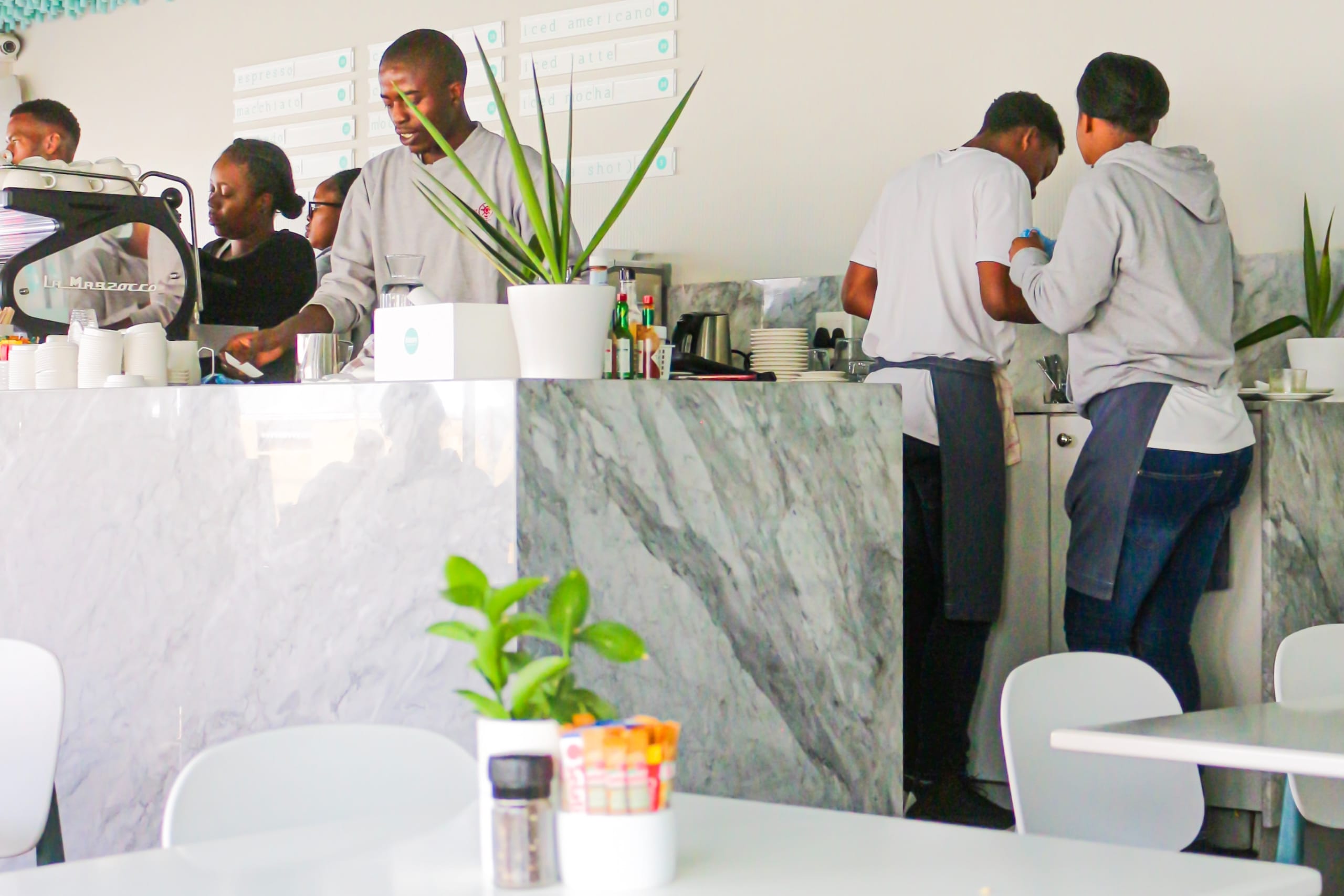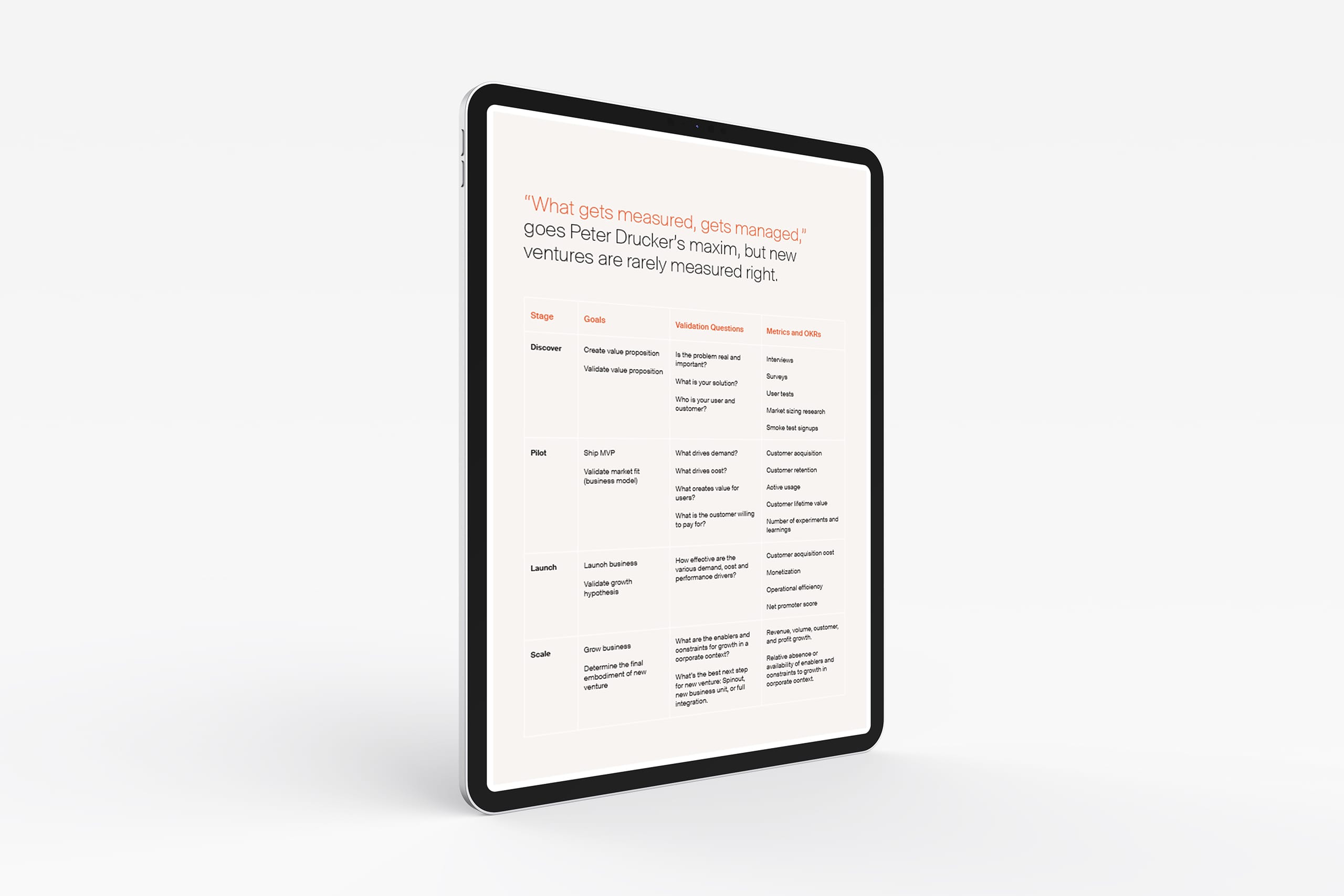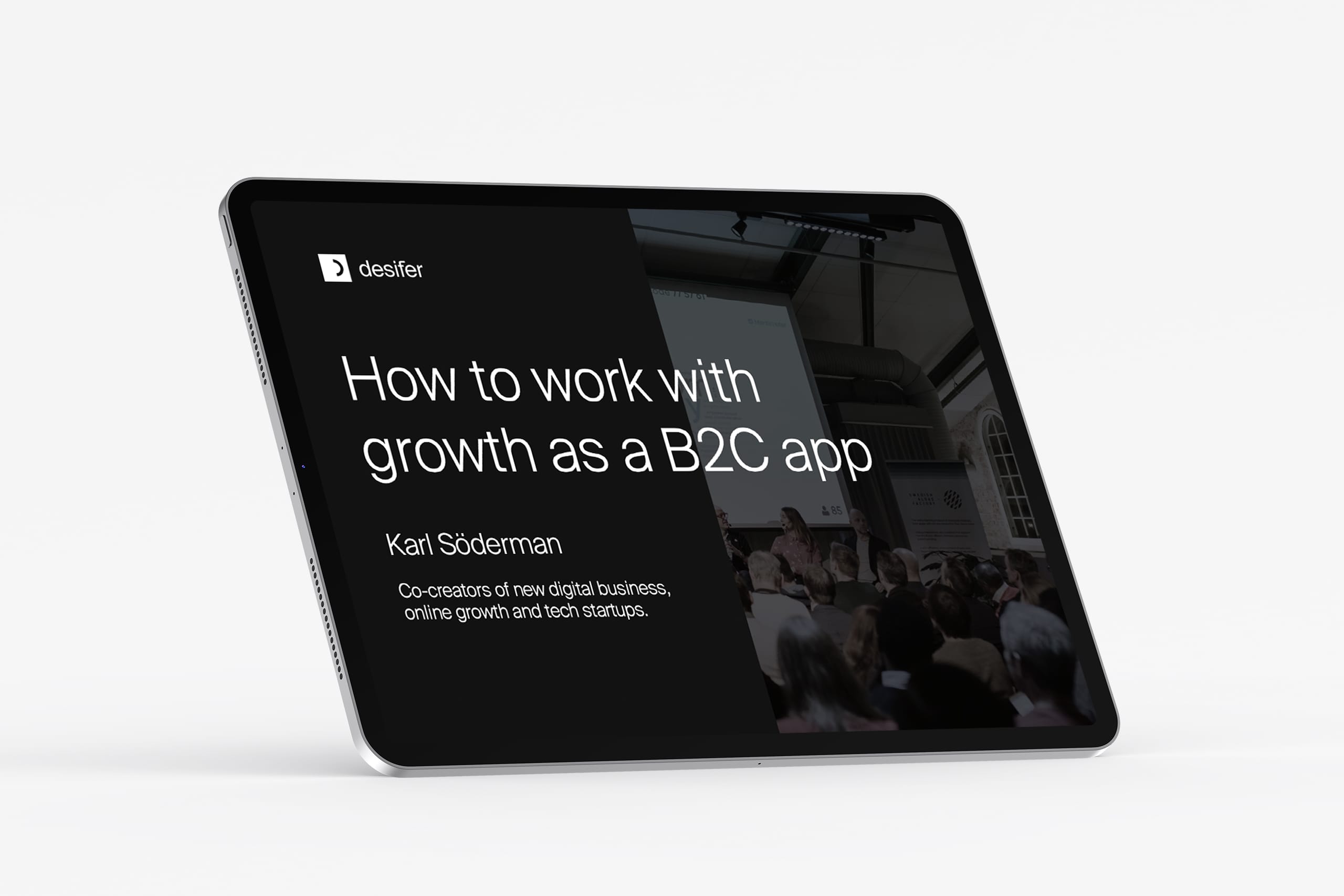Discovery
Written by Joel Sunnehall
April 5, 2022
Evaluating Business Ideas: Start with the customer problem
Ever wonder why one product experiences unstoppable organic growth, seemingly powered solely by customer word of mouth, while another sucks in resources, in need of constant promoting to remain somewhat relevant? Sales starting to languish the moment you attempt to save money by lowering acquisition costs?
Chances are, it goes back to the moment of the product’s conception. Was it developed as a solution to a well-understood customer problem? Or was it a solution chasing a problem to solve?
Note, chasing is the operative word. It costs time and treasure to go after customers, and for you, the seller —hardly perceived as an unbiased party— to convince them of the goodness of your product. Meanwhile, people are proactively searching for products to solve problems they have, and are eager to earn the kudos that being the first to recommend a good product confers.
In other words, find a problem that’s worth solving, and your customers will do the chasing and promoting for you.
Problems worth solving
Solutions chasing a problem face an uphill battle. Blackberry’s bet in continuing to improve its already best-in-class physical keyboard in a market that had moved on, in the wake of iPhone and Android’s superior versatility, and growing haptic and predictive typing capabilities, was such a losing battle.
Better to focus on the customer problem to solve.
One of our favorite tools to determine whether a problem is worth solving is Y Combinator’s Problem Evaluation Framework.
It consists of six variables, as depicted below. Is the problem: Popular, urgent, frequent, expensive, mandatory, and expensive?
Popular problems are those that a lot of people have in common. It means that the market for a solution is, potentially, a big one.
Growing markets are even better than big ones. If you manage to establish yourself in such a market, you will benefit from a rising tide that lifts all boats.
Urgent problems need to be solved quickly. Trading in such a market means that your call to action is also likely to be answered quickly, resulting in a shorter sales cycle.
Frequent problems are amenable to recurring revenue business models, which tend to be more sustainable and lower-risk in the long run.
Expensive problems that require a significant capital investment to solve create barriers to entry, conferring significant advantages to an early mover.
Mandatory problems are often the result of changes in the regulatory environment. This creates new business opportunities as businesses or consumers scramble to comply with newly introduced laws.
Like most things in life, you can’t have it all. The popular digital collaboration tool, Slack, for example, passes three tests: It solves a popular, growing, and frequent problem: Increasing frustration and complexity teams have to face due to the shortcomings of email as a project collaboration tool.
When evaluating an idea, it must pass at least one of the tests above, and the more, the better.
The right problem for YOU to solve
All the tests above are external to you and your organization. So, the next question is: Is it the right problem for you to solve? Does the product fit your organization’s strategy?
For you or your organization to be your product’s source of unfair advantage, you should possess the know-how and/or infrastructure to deliver a product that is 10x better than that of your competitors.
For example, Andreessen Horowitz invested in Walker & Company, a health and beauty products subsequently acquired by P&G, specializing in solving problems faced by the African American community, in great part due to founder Tristan Walker’s own problems experienced shaving coarse, curly hair.
A business idea’s lifecycle
A business idea starts off as a hypothesis that needs to pass multiple tests to demonstrate its viability before it can scale:
- Is there a customer problem worth solving?
- Does the solution solve the problem?
- Can you scale the solution into a sustainable business model?
We at Desifer help you test your business ideas, and scale them into sustainable business models at speed.










































































